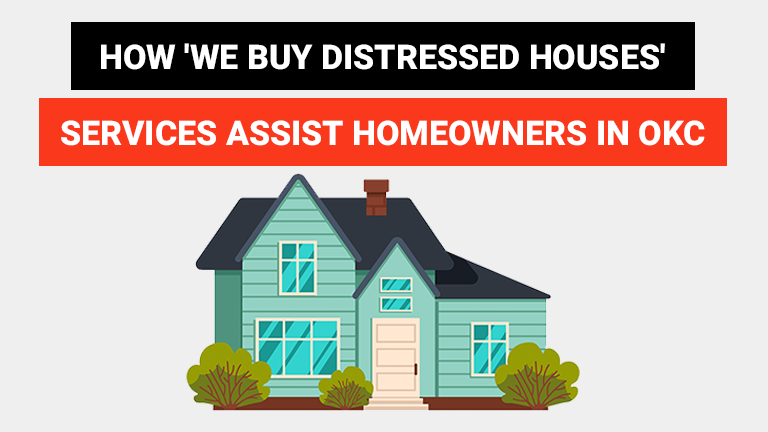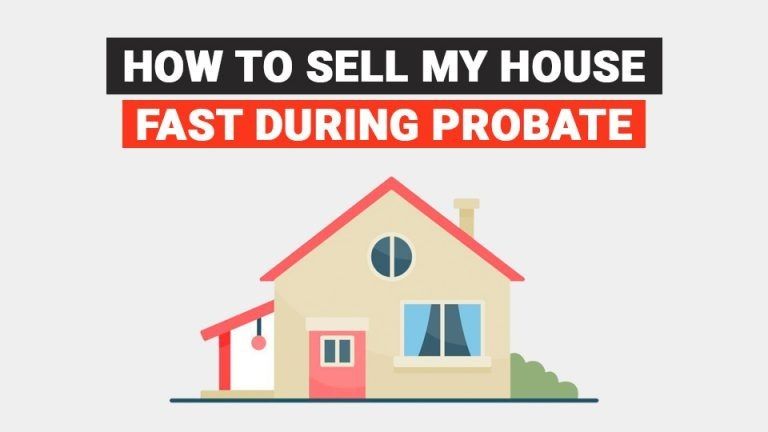
Does a House Need to Pass Inspection to Be Sold?
As you prepare to sell your home, you may be wondering about the significance of home inspections in real estate transactions. There are common perceptions surrounding inspections in house sales, and it's important to understand their role and whether they are mandatory. There may also be a way to sell your house as-is for cash to avoid home inspection fees.
Home inspections serve a crucial purpose in real estate transactions. Inspectors assess a property's condition and identify any potential issues that may require attention. Inspections provide buyers with valuable information about the property they are considering purchasing. The role of inspections is to uncover major problems and provide a comprehensive picture of the property's overall condition.
From a legal and ethical standpoint, property disclosures and inspections go hand in hand. Sellers are typically required to disclose any known issues with the property, and inspections help validate these disclosures. Inspections also protect buyers from purchasing a property with major issues that were not disclosed. They play a vital role in ensuring transparency and fairness in real estate transactions.
Do Houses Have to Pass Inspection to Be Sold?
What Is The Purpose of Home Inspections?
Understanding Home Inspections in Real Estate Transactions
Houses do not have to pass inspections to be sold. Unlike a test with a pass or fail grade, inspections are not intended to determine whether a house is in perfect condition or not. Instead, inspections are meant to inform buyers about the property's condition and any potential issues.
Inspections are not a hurdle for sellers to overcome, but rather a tool for buyers to make informed decisions about the purchase. Instead of focusing on passing or failing, it's essential to recognize that inspections provide valuable information that can guide buyers in negotiations and help them assess the true value of a property.
For Buyers
The objective of home inspections in real estate sales is to provide buyers with a comprehensive understanding of the property they are considering purchasing. Inspections help buyers identify any potential major issues or repairs that might affect their decision.
Armed with this information, buyers can make an informed choice about whether to proceed with the purchase, negotiate repairs or price adjustments, or even back out of the deal if the issues are too significant.
For Sellers
Legal Requirements and Buyer Expectations
Factors Influencing the Need for Inspections in House Sales
Seller Disclosures During Inspections
A Cash Home Sale Helps You Avoid Inspections
Pros and Cons of Selling Without Inspections
For sellers, home inspections offer several benefits as well. By conducting inspections before listing the property, sellers can proactively address any major issues and make necessary repairs.
This helps in presenting a well-maintained property to potential buyers and reduces the chances of post-sale issues or disputes. Inspections also provide transparency, which can enhance trust between buyers and sellers in the negotiation process.
Inspection requirements vary depending on state and local regulations, so it's important for sellers to familiarize themselves with the specific rules in their area. Sellers are generally obligated to disclose any known issues with the property, and inspections help validate these disclosures.
Buyer expectations also play a role in the necessity of inspections. Many buyers expect a thorough inspection to be conducted before finalizing the purchase of a home. They want to ensure that there are no hidden major issues that could potentially cost them significant money in repairs. Therefore, while inspections may not be mandatory in all cases, they are often expected by buyers.
Several factors influence the necessity of inspections in house sales.
- The age and condition of the property are significant determinants. Older properties or those with known issues are more likely to require inspections to identify potential major problems.
- Market conditions and buyer preferences also come into play. Some buyers may be willing to purchase a property as-is without inspections, while others may insist on a thorough inspection before proceeding.
- Sellers' motivations and their approach to addressing property conditions also impact the need for inspections. Some sellers may be proactive in conducting inspections and making necessary repairs to attract potential buyers. Others may prefer to sell without formal inspections, assuming the responsibility for any repairs after the sale.
Seller disclosures are an essential part of the real estate sales process. Sellers are required to disclose any known issues with the property to potential buyers. While formal inspections are not always necessary for sellers to fulfill this requirement, they can proactively address property issues.
Sellers can conduct their own assessments of the property and address any major issues before listing. This approach helps sellers present a well-maintained property and builds trust with potential buyers. However, it is crucial for sellers to be honest and transparent in their disclosures, as failing to disclose major issues can lead to legal consequences.
While inspections are typically recommended for buyers, some sellers choose to
sell their homes without formal inspections. There are advantages to this approach, such as avoiding the upfront cost of inspections and potentially attracting buyers who prefer to purchase properties "as-is." However, there are also risks and drawbacks associated with skipping inspections.
Selling without inspections can lead to surprises for both buyers and sellers. Buyers may discover major issues after the sale, which can result in costly repairs and potential legal disputes. Sellers may face challenges in negotiations if buyers uncover significant problems that were not disclosed.
Therefore, sellers should carefully consider the risks and take necessary precautions if they decide to sell without formal inspections.
If you want to sell your home without the hassle of inspections, a cash home sale may be an attractive option. In a cash home sale, the buyer purchases the property with cash, eliminating the need for a traditional mortgage lender. As a result, cash home buyers often have more flexibility and may not require formal inspections before finalizing the purchase.
By opting for a cash home sale, you can avoid the potential complications and delays associated with inspections. However, it's important to note that the responsibility for inspections and repairs after the sale falls solely on the seller. If you choose this route, make sure to be thorough in your own assessments of the property and consider getting professional advice to mitigate any risks involved.
Sell Your Home Fast for Cash
If you need to sell your house fast but don’t want the hassle of a traditional home sale, contact Local Guy Buys Houses. We buy houses as-is. No repairs are needed. Avoid closing costs and realtor commissions. Close in as little as seven days. Call 805-205-5999 to get a fast cash offer from our local home buyers.
Get Your Fair & Honest All-Cash Offer Today! No Obligations!
We will get back to you as soon as possible.
Please try again later.
By submitting this form, you agree to our Conditions of Use and Privacy Policy. You may receive both automated and personal text messages. Reply STOP at anytime to opt-out.
Or Call Us Now At 855-205-5999
Get Your Fair & Honest All-Cash Offer Today! No Obligations!
We will get back to you as soon as possible.
Please try again later.
By submitting this form, you agree to our Conditions of Use and Privacy Policy. You may receive both automated and personal text messages. Reply STOP at anytime to opt-out.
Or Call Us Now At 855-205-5999









